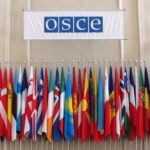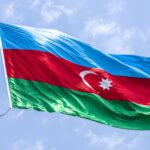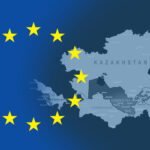Overview of Azerbaijan’s Economic Landscape
Azerbaijan, a country with a rich history and a strategic location at the crossroads of Europe and Asia, is well-known for its substantial oil and gas reserves. These resources have been a key driver of economic growth over the past two decades. During this period, the country’s GDP has seen significant increases, which has enabled Azerbaijan to enhance the well-being of its population. The construction of new roads, bridges, airports, and other infrastructure projects has been a crucial part of its economic development strategy. These investments have created jobs and improved the quality of life for many citizens.
However, the reliance on the oil and gas sector has brought about certain risks due to the volatility of global oil prices and challenges to sustainable development. In recent years, Azerbaijan has faced the need to diversify its economy to reduce dependency on oil revenues and establish a stable foundation for future growth. The government has been actively promoting reforms aimed at developing other economic sectors such as agriculture, construction, tourism, education, and information technology.
Since the early 2000s, Azerbaijan has effectively utilized its oil export revenues to finance infrastructure projects and social programs, contributing to overall economic growth. Transitioning to a digital economy has opened up new opportunities to increase efficiency, improve service quality, and create new jobs. The adoption of Fourth Industrial Revolution (4IR) technologies like the Internet of Things (IoT), artificial intelligence (AI), and machine learning allows for the modernization of traditional industries and the development of new, high-tech sectors.
One of Azerbaijan’s key achievements has been the improvement of its business environment. The government has implemented a series of reforms to simplify business procedures, reduce bureaucratic barriers, and enhance the investment climate. These efforts have attracted significant foreign investments, further stimulating economic growth.
Below, we will explore the main areas of investment in the digital economy, the implementation of 4IR technologies, and government initiatives to improve the startup landscape.
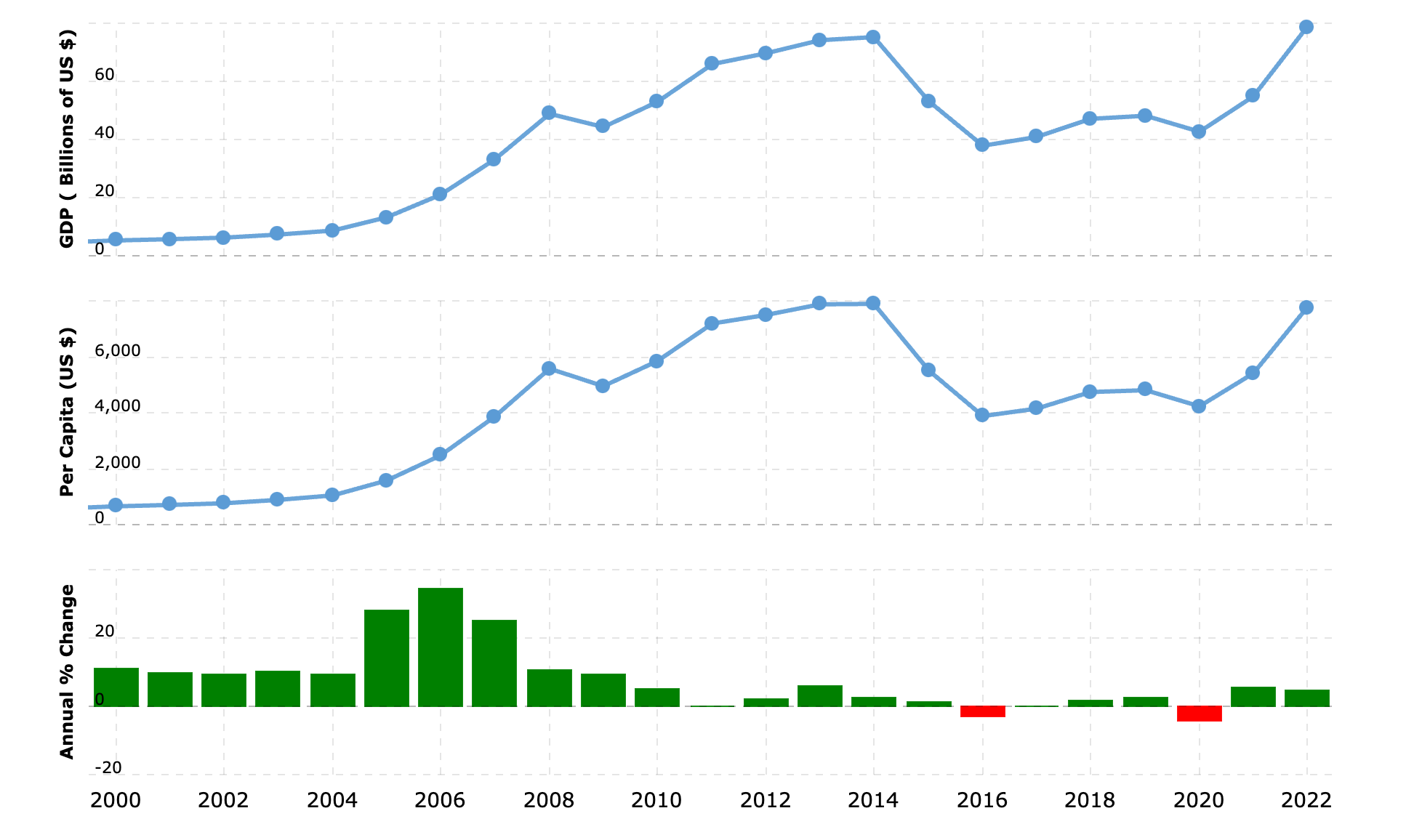
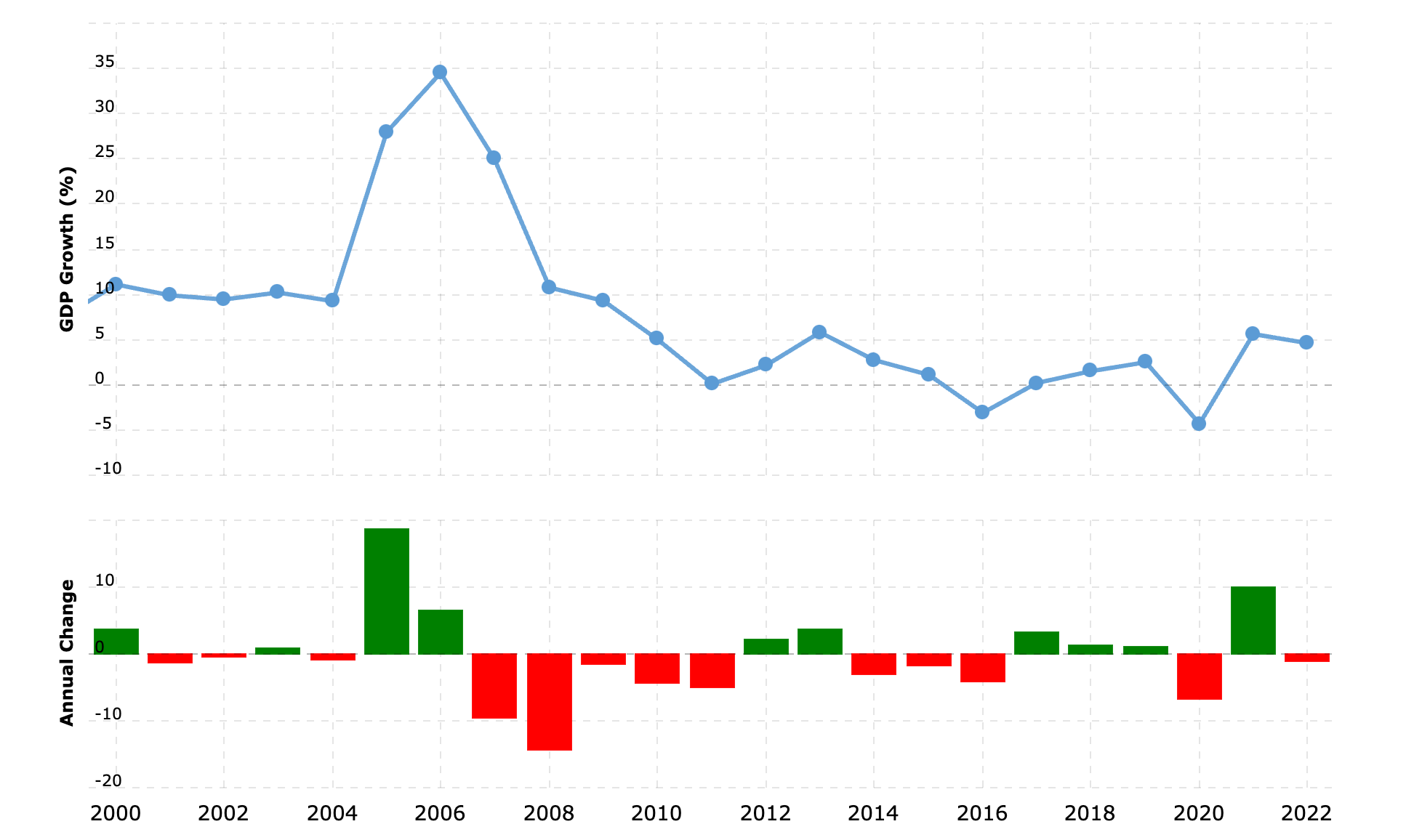
Diversification: A Vital Necessity
One of the primary focuses of Azerbaijan’s economic diversification strategy has been the development of the information and communication technology (ICT) sector. Azerbaijan is actively investing in the creation and expansion of ICT infrastructure, opening up new business opportunities and fostering an innovative economy.
Agriculture has also become a key part of the diversification strategy. The government is implementing support programs for farmers aimed at increasing productivity and efficiency in the agribusiness sector. As a result, this sector is experiencing stable growth, helping to reduce the economy’s dependency on the oil and gas industry.
Construction and tourism are other crucial areas of diversification. Significant projects are underway in these sectors to develop infrastructure and attract tourists. The construction of new hotels, tourist complexes, and cultural heritage sites is boosting tourist inflow and creating additional jobs.
Additionally, Azerbaijan is actively advancing education and industry. Educational institutions and research centers are focused on preparing skilled professionals for the future economy. The industrial sector is receiving support through modernization programs and the adoption of new technologies.
Overall, the efforts to diversify the economy aim to create a sustainable and competitive economy that can adapt to changing conditions and ensure long-term economic growth. Azerbaijan is making significant progress in this direction, creating new business opportunities and improving the quality of life for its population.
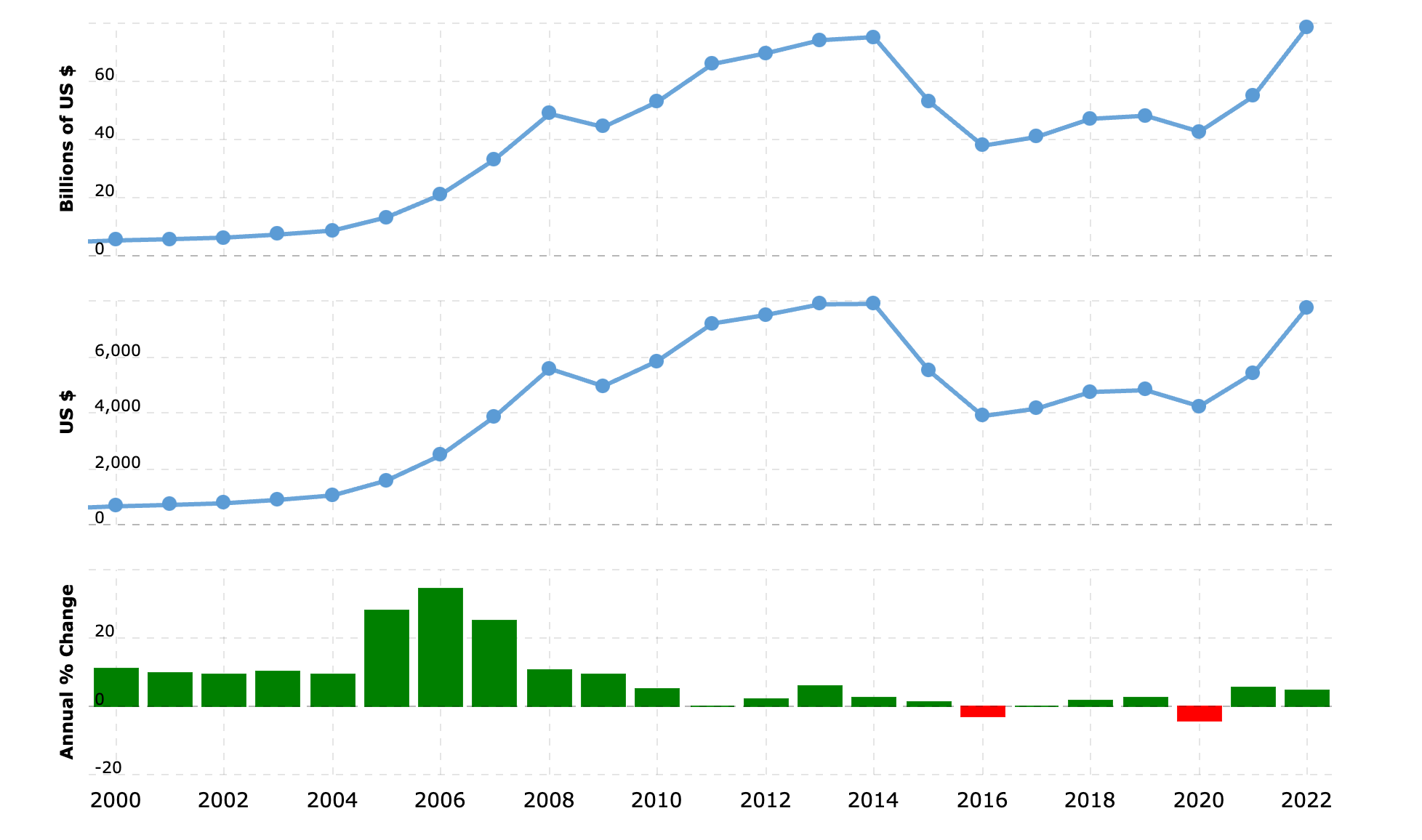
Implementing Fourth Industrial Revolution (4IR) Technologies
Key 4IR Technologies: IoT, AI, and Machine Learning: The Fourth Industrial Revolution (4IR) technologies are playing a pivotal role in transforming various sectors of Azerbaijan’s economy. The most significant 4IR technologies include the Internet of Things (IoT), artificial intelligence (AI), and machine learning. The integration of these technologies in Azerbaijan spans multiple sectors, fostering modernization and enhancing competitiveness.
Healthcare: Healthcare is one of the primary sectors attracting investment in Azerbaijan due to the active adoption of 4IR technologies. AI and machine learning are used for diagnosing and treating diseases. AI solutions enable doctors to analyze medical images with up to 95% accuracy, significantly improving the quality of healthcare. The implementation of telemedicine has increased the accessibility of medical services by 20%, particularly in remote regions. In 2023, expenditures on digital medical technologies in Azerbaijan exceeded $50 million, indicating a high level of investment in this sector.
Transportation: The transportation sector is also actively attracting investments through the implementation of smart traffic management systems and infrastructure maintenance. IoT and AI technologies are applied to create intelligent transportation systems, reducing transport downtime by 30% and energy consumption by 25%. Investments in smart transportation solutions and infrastructure surpassed $100 million in 2023.
Industry and Agriculture: These sectors are crucial to Azerbaijan’s economy, attracting significant investments. In the industrial sector, automated resource management systems are being widely implemented, increasing productivity by 20%. Smart resource management systems have reduced production costs by 15-20%. In agriculture, smart solutions for crop management based on computer vision have boosted productivity by 50% by 2024. Investments in the agribusiness sector amounted to over $200 million in 2023.
Education: Education is another priority sector for investment in Azerbaijan. The integration of 4IR technologies into educational processes helps prepare skilled professionals for the future economy. By 2025, more than 60% of educational institutions in Azerbaijan are expected to use AI and machine learning in their curricula. Training programs include courses in digital marketing, web development, and the use of e-commerce platforms. Investments in educational infrastructure and programs totaled around $150 million in 2023, fostering digital skills among the younger generation.
Tourism: In the tourism sector, the application of digital technologies improves service quality and attracts more tourists. The use of mobile booking apps and virtual tours has increased tourist influx by 25%. The development of smart tourism systems has enhanced the tourist experience and reduced operational costs by 15%.
Overall, the implementation of Fourth Industrial Revolution technologies in Azerbaijan is progressing actively, creating significant opportunities for economic growth and development.
Key Investment Areas
Development of Digital Infrastructure
One of the primary investment areas in Azerbaijan is the development of digital infrastructure. In 2023, Azerbaijan began actively enhancing its digital infrastructure, including the creation of powerful data centers and the adoption of cloud technologies. A key component of the G-cloud project is the establishment of modern, high-performance, and high-capacity data centers. This project involves migrating the information systems of 36 government agencies to cloud services, which has significantly improved the efficiency and security of public services.
Cybersecurity and Data Management
With the rise of digitalization, the need for robust cybersecurity and effective data management has become paramount. In 2023, the International Cybersecurity Days (ICSD) conference in Baku discussed the finalization of Azerbaijan’s Digital Economy Strategy, which encompasses numerous projects aimed at increasing digitalization in sectors such as tourism, transport, logistics, agriculture, and food security. Under the public-private partnership framework, around 34 projects are planned to be implemented in collaboration with the private sector, and about 14 projects within the government. The primary goal is to enhance Azerbaijan’s economic competitiveness by focusing on innovative trends and integrating more fully into the global division of labor.
Workforce Development and Bridging the Digital Divide
Successful digital transformation requires a skilled workforce capable of working with new technologies. Azerbaijan is actively investing in education and the training of IT specialists. Interest in 4IR technologies such as artificial intelligence, machine learning, data analytics, and IoT is continually growing. Educational initiatives and programs are being developed to prepare the younger generation and the existing workforce for the demands of a digital economy.
Through these strategic investments in digital infrastructure, cybersecurity, and workforce development, Azerbaijan is positioning itself to take advantage of the opportunities presented by the Fourth Industrial Revolution and to ensure long-term economic growth and resilience.
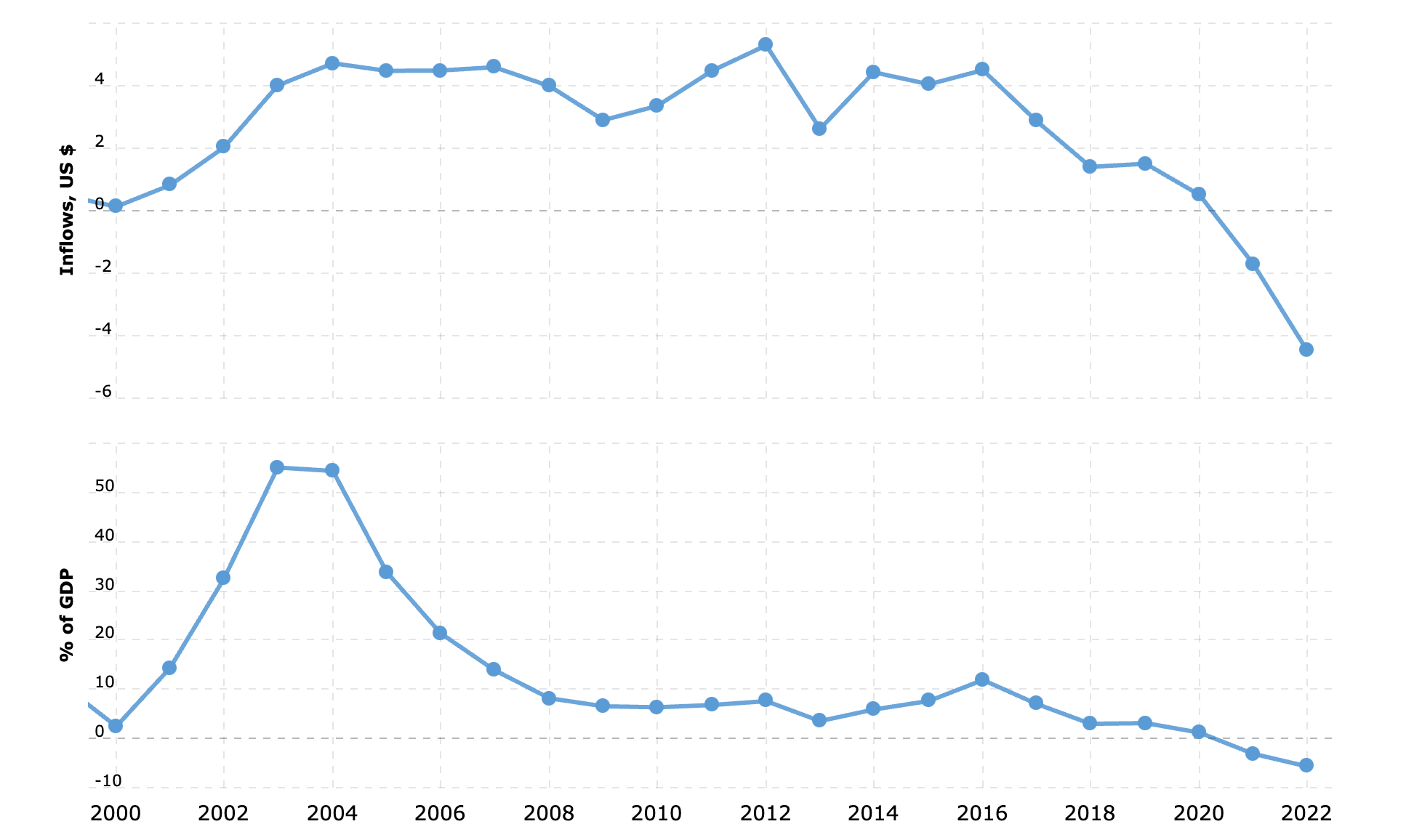
Government Initiatives
New Government Measures and Initiatives
Creating a favorable regulatory environment is crucial for attracting investments and developing the digital economy. In December 2023, the Azerbaijani government announced several new measures aimed at improving the startup landscape in the country. These initiatives are designed to strengthen Azerbaijan’s position in the global innovation ecosystem and create conditions for the successful development of technology companies. Here are some key measures and initiatives focused on improving the business environment and stimulating innovation:
Work Permit Exemptions: In December 2023, the government abolished work permits for foreign specialists. This move increased the number of highly qualified professionals in tech parks by 15%, facilitating the attraction of global talent and knowledge exchange.
Tax Incentives: The introduction of tax breaks for tech park residents reduced their tax burden by 30%. This led to a 25% increase in the number of residents in 2023 and attracted over $100 million in investments. These measures support the growth of startups and tech companies by providing them with financial advantages.
Support for Relocation: The government also offers full support for the relocation of foreign companies, including legal and financial assistance, as well as streamlined documentation processes. In 2023, 12 foreign companies utilized this program, investing over $100 million in the country’s economy and creating more than 500 new jobs.
Through these initiatives, Azerbaijan is creating a more attractive environment for startups and tech companies, fostering innovation, and driving economic growth. These measures are part of a broader strategy to enhance the country’s competitiveness in the global market and support the development of a vibrant digital economy.
Startup Support and Attraction of Global Talent
Innovation and Digital Development Agency: The Innovation and Digital Development Agency, under the Ministry of Digital Development and Transport, provides various types of support for foreign enterprises and companies looking to enter the Azerbaijani market. This includes organizing the entire relocation process, assisting with opening bank accounts, and providing legal and financial support.
Technoparks and Incubation Centers: Supporting startups through the creation of technoparks and incubation centers allows startups to access office spaces, equipment, and consultancy services. In 2023, three new technoparks were opened, increasing the total available space for startups by 20,000 square meters.
Financial Support and Grants: Financial support and grants play a crucial role in the development of startups. In 2023, the government provided startups with grants totaling $10 million and preferential loans amounting to $15 million. These measures enabled more than 100 startups to launch or expand their operations.
Training and Mentorship Programs: Training and mentorship programs include over 50 training sessions and seminars, attended by around 1,500 entrepreneurs. Mentorship programs included over 200 hours of one-on-one consultations with experienced professionals.
International Collaboration: Collaboration with international organizations such as the World Economic Forum and the United Nations Development Programme (UNDP) facilitates the exchange of experience and best practices in innovation and digital transformation. In 2023, joint projects worth over $5 million were conducted, aimed at developing the innovation ecosystem.
New Government Initiatives: In December 2023, the Innovation and Digital Development Agency was launched to actively support startups and tech companies. The government also announced tax incentives for technopark residents and comprehensive relocation support for foreign companies.
These measures are designed to attract global talent and stimulate innovation in Azerbaijan, positioning the country as an attractive destination for startups and tech companies. The government aims to create a conducive environment for the development of an innovative economy by providing support and fostering the growth of startups and tech companies.
International Collaboration: Examples of Successful Projects and Initiatives
Azerbaijan is actively collaborating with international organizations to promote innovation and Fourth Industrial Revolution (4IR) technologies. This cooperation includes partnerships with the World Economic Forum (WEF), the United Nations Industrial Development Organization (UNIDO), and other global institutions.
Center for the Fourth Industrial Revolution (C4IR): Opened in Baku in collaboration with the World Economic Forum (WEF), the C4IR is part of a global network of 16 centers across four continents. The center has organized over 50 workshops and training sessions for more than 2,000 professionals from various economic sectors. Additionally, several pilot projects in AI and IoT have been launched, enhancing data and resource management efficiency across different industries.
Innovation Ecosystem and Support Infrastructure Development Project: Implemented in partnership with UNIDO and funded by the Slovenian government, this project has conducted thematic workshops and training on innovation management and startup community creation. In November 2021, UNIDO organized a study tour to Slovenia for an Azerbaijani delegation, deepening their understanding of international best practices in innovation and entrepreneurship.
Digital Skills Development Program: In cooperation with the United Nations Development Programme (UNDP), initiatives are being implemented to retrain workers who lost their jobs due to the COVID-19 pandemic. In 2023, over 100 courses were conducted, involving about 5,000 participants. These courses included training in digital marketing, web development, and e-commerce platforms.
EU4Digital Initiative: The EU4Digital initiative, active in recent years, significantly bolsters Azerbaijan’s efforts in digital transformation. It aims to diversify the economy, create jobs, and enhance the quality of life for citizens. This initiative supports the reduction of Azerbaijan’s reliance on oil and gas by developing other economic sectors, particularly through the backing of small and medium enterprises (SMEs), the advancement of digital infrastructure, and the stimulation of innovation.
In 2022, the EU and the European Bank for Reconstruction and Development (EBRD) provided a $50 million loan for broadband infrastructure modernization, benefiting over 280,000 households. This funding is channeled through “Aztelecom,” a key player in the country’s digital development efforts.
Moreover, EU4Digital includes extensive training and upskilling programs in the IT sector, preparing the workforce for the demands of a digital economy. This effort not only creates job opportunities but also fosters a skilled workforce capable of driving economic growth. The initiative also involves comprehensive support for SMEs, offering consulting, grants, and access to financial resources to integrate digital technologies into their operations, thus enhancing their competitiveness both domestically and internationally.
Azerbaijan-Israel IT Training Center: Located at the Azerbaijan State University of Oil and Industry, this center offers specialized courses developed jointly with Israeli experts. In 2023, the center trained 1,500 students in programs related to artificial intelligence, machine learning, and the Internet of Things (IoT).
Azerbaijan’s Digital Economy Strategy: Developed in collaboration with international experts, this strategy encompasses more than 34 projects within public-private partnerships and 14 projects in the public sector. The main goal of the strategy is to enhance Azerbaijan’s economic competitiveness by focusing on innovative trends and greater integration into the global division of labor.
Regional Conference on Innovation Ecosystem: In 2023, a regional conference was held in Baku, organized jointly with UNIDO. The conference discussed best practices for creating an innovation ecosystem among countries in Eastern Europe and Central Asia. Over 300 representatives from 20 countries participated, facilitating experience exchange and the establishment of new partnerships.
Through these collaborative efforts, Azerbaijan is leveraging international expertise and resources to drive innovation and economic development, positioning itself as a key player in the global digital economy.
Contribution of Educational Institutions and Research Centers
Training Qualified Personnel: The preparation of skilled professionals is a crucial aspect of digital transformation. Azerbaijan actively implements training and retraining programs for specialists. Annually, around 15,000 students undergo vocational education, and approximately 50,000 students study at universities. In 2023, more than 100 courses in digital marketing, web development, and the use of e-commerce platforms were conducted, involving about 5,000 participants.
Azerbaijan State University of Oil and Industry: The university actively collaborates with international partners to develop and implement innovative educational programs. In 2023, the university graduated over 5,000 students, 70% of whom received IT and engineering-related degrees.
Baku State University: The university has implemented programs in artificial intelligence, data analytics, and robotics. In 2023, more than 3,000 students completed courses in these areas, contributing to the increase in qualified specialists in the labor market.
Research Centers and Laboratories: Azerbaijan is home to several research centers focused on the development and implementation of 4IR technologies. For example, the Center for Analysis and Coordination of the Fourth Industrial Revolution under the Ministry of Economy actively supports local companies in their digital transformation and develops individual support programs. In 2023, the center implemented over 20 projects aimed at improving production processes using advanced technologies.
Through these educational institutions, research centers, and support structures, Azerbaijan is fostering a skilled workforce and innovative ecosystem necessary for the country’s ongoing digital transformation and economic growth.
Forecasts and Development Prospects
Expected Outcomes of Digital Transformation
Increased Productivity: The implementation of automated management systems and smart solutions in industry and agriculture is projected to boost labor productivity by 20-30% by 2025. In the agribusiness sector, productivity is expected to increase by 49%, which will enhance the country’s food security.
GDP Growth: According to forecasts, digital transformation could lead to an 8-10% increase in GDP over the next five years.
Job Creation: It is anticipated that more than 50,000 new jobs will be created in sectors related to digital technologies and innovations. Technoparks and incubation centers will play a key role in supporting startups and entrepreneurs, contributing to job creation and the development of an innovative ecosystem.
Improved Quality of Life: The introduction of 4IR technologies in healthcare, education, and other public services will improve the quality of life for the population. For instance, the use of AI in healthcare has already increased diagnostic accuracy to 95%, and telemedicine systems have made medical services more accessible to remote regions.
Through these projections, Azerbaijan is on track to significantly enhance its economic performance, create numerous job opportunities, and improve the overall quality of life for its citizens by embracing digital transformation and advanced technologies.
Long-Term Prospects for Azerbaijan’s Economy
The long-term prospects for Azerbaijan’s economy are closely linked to the continued and deepened digital transformation, which will create a sustainable and competitive economy.
Global Economic Integration: Azerbaijan is actively integrating into the global economy, positioning itself as an important player on the international stage. Collaboration with international organizations such as the World Economic Forum (WEF) and the United Nations Industrial Development Organization (UNIDO) facilitates knowledge exchange and best practices, strengthening Azerbaijan’s position in the global innovation ecosystem.
Economic Diversification: Transitioning from a dependency on the oil and gas sector to a diversified economy focused on innovation and technology will foster sustainable economic growth. The development of ICT, agriculture, transportation, and other sectors will create new opportunities for investment and economic development.
Sustainable Development: The adoption of green technologies and renewable energy sources is a key part of Azerbaijan’s sustainable development strategy. The creation of a “green energy zone” in Karabakh and East Zangezur promotes the development of environmentally friendly technologies and reduces the carbon footprint.
Innovative Ecosystem: Creating a supportive innovative ecosystem, bolstered by technoparks, incubation centers, and government programs, will stimulate the growth of startups and attract investments. By 2030, Azerbaijan is expected to become a leading innovation hub in the region.
Overall, digital transformation and the adoption of Fourth Industrial Revolution technologies open significant prospects for Azerbaijan’s economy. The country is demonstrating steady progress in developing an innovative and digital economy, providing a foundation for long-term economic growth and an improved quality of life for its population.
Key Challenges for Azerbaijan on the Path to a Digital Economy
Undoubtedly, despite active efforts to diversify the economy, Azerbaijan’s significant dependence on the oil sector remains a challenge. Transitioning to a digital economy and implementing 4IR technologies require substantial investments and time, and without structural changes in management and resource allocation, the process may be slowed.
It should also be noted that although Azerbaijan is actively investing in education and training IT specialists, the problem of a lack of qualified personnel remains relevant. Educational programs need to be more targeted and aligned with the demands of the modern labor market. Closer cooperation with international educational institutions could help accelerate this process.
With the increasing digitalization and adoption of cloud technologies, there is also an urgent need to strengthen cybersecurity measures. While the Presidential Decree of the Republic of Azerbaijan on the approval of the “Information and Cyber Security Strategy of the Republic of Azerbaijan for 2023-2027” is a step in the right direction, current investments in this area may be insufficient to protect critical data and infrastructure from cyber threats.
Furthermore, despite improvements in the business environment, bureaucratic hurdles and administrative barriers can still slow down the process of implementing innovations and attracting investments. More radical reforms are needed to create a favorable climate for startups and tech companies, including simplifying registration procedures and obtaining permits.
Conclusion
From 2000 to 2023, Azerbaijan’s GDP increased fivefold, and direct foreign investments exceeded $100 billion. In the near future, investments in digital infrastructure and cybersecurity will play a key role in the country’s digital transformation. In 2023, the creation of new data centers increased the capacity of cloud services by 50%, with total investments in digital infrastructure development exceeding $200 million.
Supporting startups and innovative projects will remain a critical focus for investors. Technoparks and incubation centers provide excellent conditions for the development of startups, offering tax incentives and support programs. In 2023, the government granted startups a total of $10 million and provided concessional loans amounting to $15 million, enabling over 100 startups to launch or expand their operations. These measures create a favorable environment for the growth and development of new businesses.
The development of educational programs and initiatives to train specialists in IT and digital technologies will ensure the economy is supplied with qualified personnel. This is particularly important for maintaining growth rates and ensuring the long-term sustainability of economic transformations.
Investors and stakeholders can leverage these opportunities to contribute to the development of Azerbaijan’s economy and benefit from new investment prospects. Azerbaijan is making steady progress in creating a favorable investment climate and developing an innovative economy, which opens up broad prospects for long-term cooperation and growth. Investments in digital infrastructure, startup support, and workforce development create a solid foundation for the country’s future prosperity.



